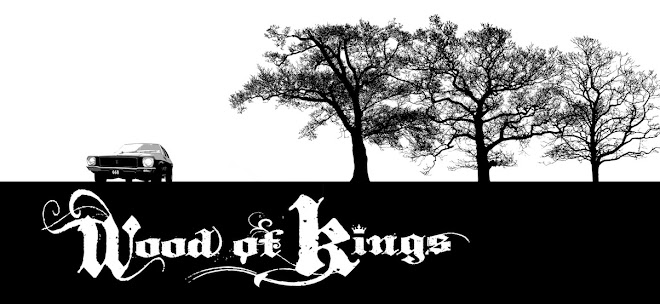I’ve been hellishly busy lately so this blog has gone sadly neglected. However last night I went to the first ever New Zealand Writers Awards. As you would expect it was a tight, well-run evening filled with pithy speeches, fine company and a fair amount of imbibing. I wonder is the collective a “Scribble of Writers”?
My favorite part of the evening started with a conversation I had with my friend Brian. He’s a good writer and well on the way up. We were standing there with a producer when the assembled mass of writers were called into main room. Brian legged it and the producer gave me his card and said “I’m looking for a writer - will you give my card to Brian?” A humbling moment.
It was extremely enjoyable evening. But as it is with these things it got me thinking. Many of these people are extremely successful writers. They are, however, very different in the way they approach their work. Some work better under pressure while others crumble as the screws tighten. Some work late at night, others early in the morning. Some will do ten pages a day, others will take ten years to write a screenplay. We’re a funny bunch but what - if anything - do we wordsmiths share in common?
My last blog was about common mistakes in writing. Cal from the cave of the cool asked this question: “I would be interested in you doing a post about scriptwriting that explains to me how many really bad scripts get made into movies. I always read about script doctors who are called to 'tweet' a script. Does too many cooks in the kitchen always mean the death of a great story?”
Now believe it or not the commonality of writers and the success of “bad movies” are linked. Which brings me to my workbench. The place where I write is also the place I build my “projects”. When it’s time for a changeover the laptop gets packed away and the soldering iron comes out. Whether I’m writing or building a project I rely on same thing.
The quality of my tools.
Which comes back to that room full of writers. However they write they all use the same tools. I’m not talking about pens, pencils or laptops.
I’m talking about words.
They are our tools and successful writers know how to use them. They wield them with passion, confidence and flair. They take these words and make them sing. They create stories from these words. While every great story should be different from the one before they use story-telling technics that have been around since the ancient greeks. Aristotle’s Poetics was the original “game plan” for how to write a story and to be perfectly honest things haven’t changed much since then. The best stories (not matter how wildly creative they appears to be) still adhere to these principles. The difference is how we use our tools to shape these tales. That’s the trick and that’s where the problem of bad scripts lies.
You see where there’s a formula people think they can reproduce the same successful product over and over again. Now while this might well work for making sausages it doesn’t apply to writing. This is because of the magic created by the words. Yes structure is extremely important in storytelling but it’s a fool who thinks that they can apply a formula to craft of writing. The experienced writer plays within the confines of structure and creates a script that is both individual and original.
Great writers write great scripts. Inversely the “sausage factory” mentality of some producers creates the opposite. So in answer to Cal’s question bad scripts come from people who don’t understand the craft of writing.
So I’d like to finish by raising a glass to the winners of last night’s awards and all the many clever bastard writers who were in attendance. You guys make magic happen.


I had hoped that the answer to my question had more to do with passion for the subject matter than any point by point plan that any goober could follow to success. "Write about what you know." worked for Tennessee Williams and it works for me. Unfortunately all I know about are comic books, octopus, kitties and action figures.
ReplyDeleteFair enough Cal. But you've hit on it here. The problem is very similar to a common problem with first-time screenwriters. They love movies so they write versions of what they've seen and love. So they end up with imitations of other films. When they stop writing what they see and write what they feel that's when the good oil starts flowing.
ReplyDeleteHollywood does the same it copies (re-imagines, sequelizes, prequelizes) its own output. Eats itself in affect.
Mr Tennessee Williams is spot on. Write what you know. Look to the truth for inspiration. If you have to plagiarize something then plagiarize life! In your case graphic novels, cephalopods, feline companions and scale collectables.
I still say that a cartoon version of the adventures from the Cave of Cool would be wicked awesome. Give it a Jules Verne steampunk feel with neat gadgets, vehicles and a sarcastic cat that can talk due to a spell put on him during one of our 'missions'. The kids would eat it up and the merchandizing would go through the roof. I may even let Lego put out a 'Cave of Cool' playset just to finally get all the bad blood between me and them behind us.
ReplyDelete